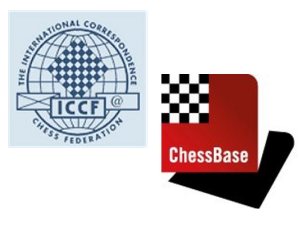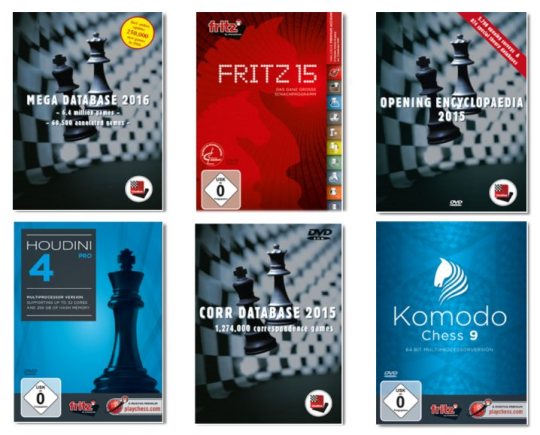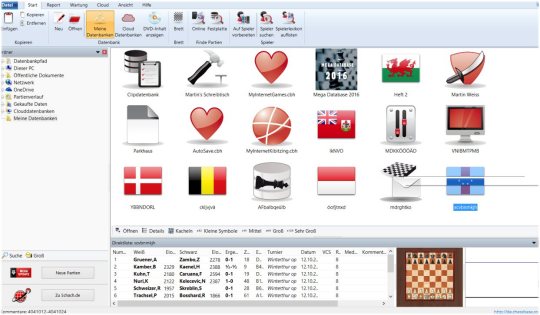


Corresponcence Chess
Correspondence chess is very much alive, in fact, it is vibrant and strong. The scientific aspects of chess have always been prominent in correspondence chess and successful correspondence players have sought advice from books or friends. Today, correspondence players use engines to search for the truth in chess.

Modern chess knowledge
Today's correspondence players have more information than ever - and the information is better. The modern correspondence player has to navigate this sea of information successfully to reach his destination safely. Following modern engines blindly quickly leads to disaster. Today's correspondence player has to coordinate his team of engines successfully to blend human chess skills and super-human chess skills in the best possible way. Leonado Ljubicic, the 28th World Champion in Correspondence Chess reveals how this is done.

Hightech is needed to navigate the sea of modern chess information
The ChessBase program has always supported correspondence players. Its ability to search and to sort chess information and to analyse games and variations offered invaluable help. In fact, with its products and programs ChessBase serves as a kind of GPS-system for the correspondence player who does not want to lose his way - and his games.

ChessBase – search, find, sort, and analyse chess information
ChessBase and the ICCF, the International Correspondence Chess Federation, cooperate. As part of this cooperation ChessBase supports an open correspondence chess tournament in which all chess players can take part who want to discover or rediscover the joys of correspondence chess. In the spirit of the modern scientific approach to correspondence chess the tournament is called "DEA10". "DE" stands for "Direct Entry" and und "A10" for the 10-year jubilee of this kind of tournament. "Direct Entry" means that every player can enter the tournament directly. All you need is to register at the ICCF.
Information about the tournament can be found on the website of the ICCF. The players will be divided into groups of eleven or thirteen players and thus you will have to play ten or twelve games simultaneously. The games will be played on the webserver of the ICCF and the time limit is 30 days for ten moves.
The winners of the preliminaries will receive a voucher for the ChessBase online shop. More prizes will be awarded in the later rounds of the tournament.